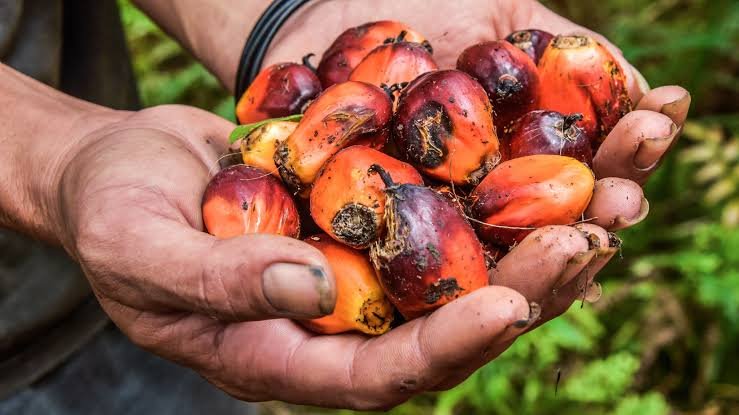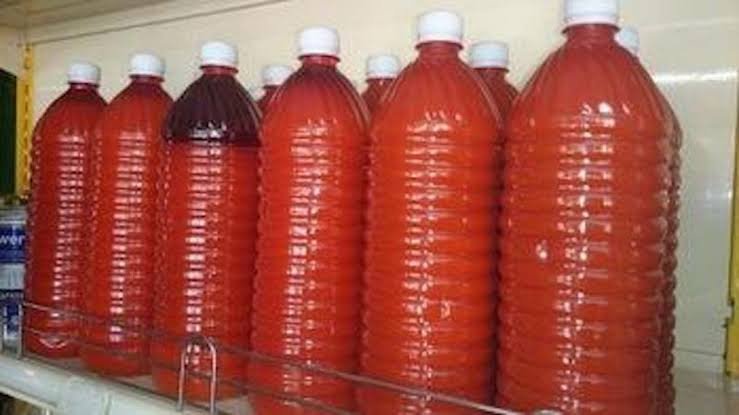Palm oil is making waves on the world stage, and there’s a new forecast that has everyone in the agricultural and business worlds buzzing: global prices of palm oil are projected to hit $1,200 per metric ton by the end of 2025—a dramatic jump from $900 at the start of the year. For a country like Nigeria, already wrestling with supply gaps, this tumult in the global market presents a mix of opportunity and challenge.
Why Are Palm Oil Prices Rallying?
A blend of powerful forces is pushing palm oil prices up:
• Stronger Prices in Southeast Asia: Indonesia and Malaysia, who control over 85% of the global palm oil supply, are experiencing higher prices due to supply disruptions and new biofuel policies.
• Energy Prices: With crude oil remaining expensive, the appeal of using palm oil in biofuel has skyrocketed, tightening supply even more.
• Biofuel Mandates: Indonesia’s B35 and discussions over a B40 mandate, as well as Malaysia’s aggressive biofuel programs, are diverting more palm oil from the food market to the energy sector.
• Weather Woes: Adverse weather and climate shifts like El Niño have hit yields hard, reducing how much palm oil reaches world markets.
• Geopolitical Shake-Ups: With the Russia-Ukraine war disrupting sunflower oil (a competitor), palm oil has picked up the slack, soaking up extra demand.

The Nigerian Dilemma: Risk or Reward?
Growing the Gold at Home
Nigeria, once a palm oil powerhouse, is currently the world’s fifth-largest producer. Yet, it faces a nagging supply gap of 450,000 metric tons each year—most of which must be imported from overseas giants.
With the global rally, this situation has two faces:
• Opportunities:
• Boost Local Production: The price surge makes palm oil farming much more profitable for local investors.
• Strengthen the Red Gold Industry: With strategic policies and renewed investments in seeds, technology, and processing, Nigeria could revive its lost glory and reduce import dependency.
• Risks:
• Rising Import Costs: A stronger global price means Nigeria will pay more to fill its supply gap—directly impacting food prices at home.
• Dependence: Any disruptions from Malaysia or Indonesia could leave Nigerian consumers and producers exposed.












